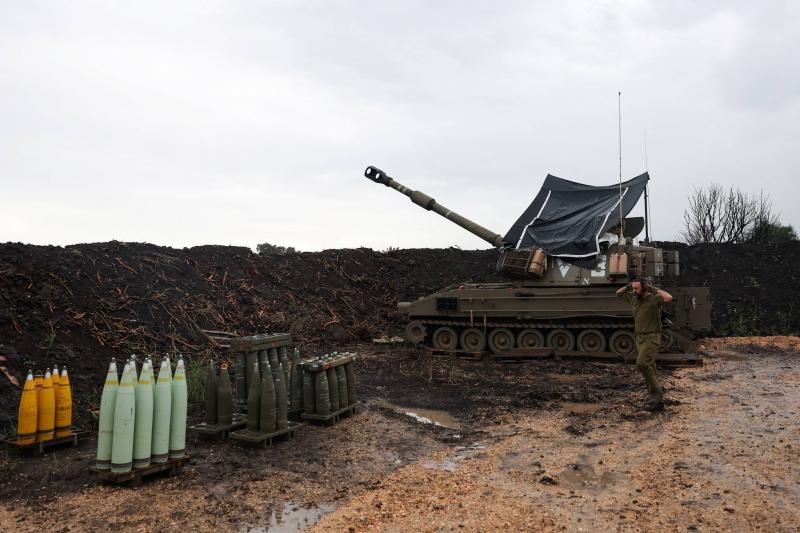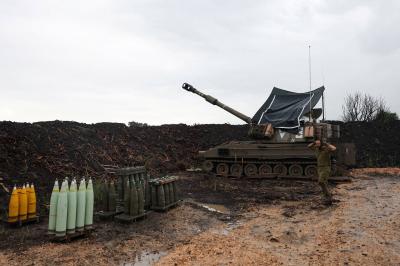The American network "ABC" reported that an official in the Israeli army clarified that there are "tens of thousands of army troops and about 60,000 reservists deployed in northern Israel." Israel has evacuated around 100,000 of its citizens from northern towns, and tens of thousands of Lebanese civilians living near the border have fled following the outbreak of fighting.
The Israeli official further confirmed to the American network that during a war council meeting on October 11, most Israeli ministers, including Defense Minister Yoav Gallant, pressed for a preemptive strike in Lebanon, but there was opposition from some attendees, including Prime Minister Benjamin Netanyahu.
The official stated that Israel "used backchannels to communicate with Hezbollah leader Hassan Nasrallah in Lebanon," conveying "messages to him indicating that he miscalculated when he started attacks on Israel on October 8," and he was also warned against "provoking" Israel, with a threat of "retaliatory action," according to the American network.
The source also indicated that the Israeli assessment suggests Hezbollah is trying hard to avoid a large-scale war with Israel, which is the same desire of its supporters in Iran. Former Israeli minister and chief of staff Gadi Eizenkot stated earlier this month to Channel 12 Israel that he "prevented Israel from attacking Hezbollah in Lebanon preemptively in the days following the Hamas attack."
In statements reported by Reuters, he mentioned that Israel "was on the verge of striking Hezbollah, although the group had not yet fired on Israel." He added that he convinced the war council officials to "postpone that move." Eizenkot concluded: "I believe our presence there prevented Israel from making a grave strategic mistake."




